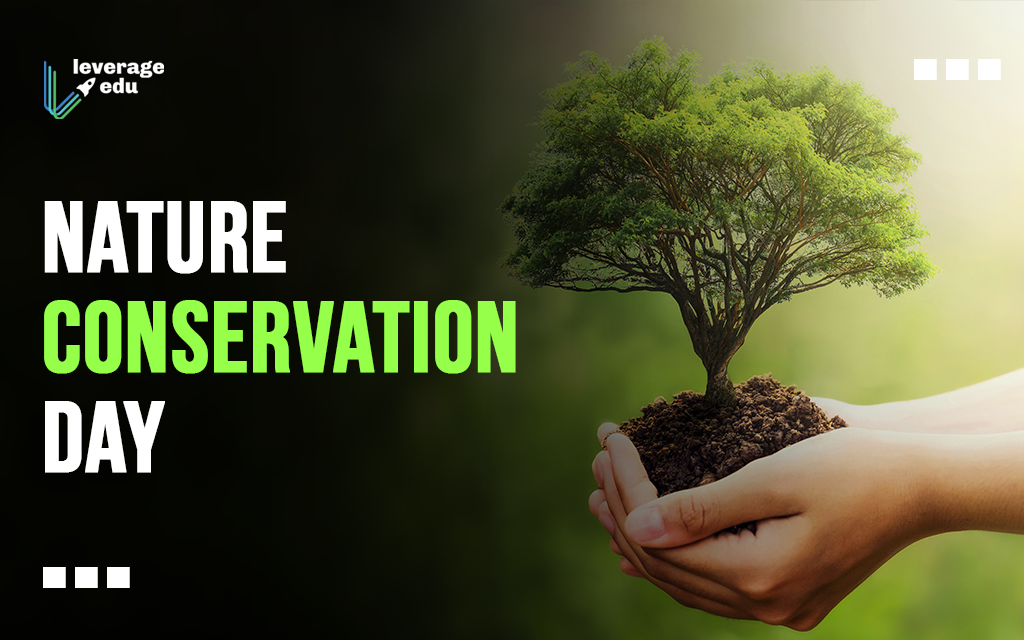World Nature Conservation Day: Embracing Plant-Based Plastics
World Nature Conservation Day, celebrated annually on July 28th, reminds us of the need to preserve and protect the environment for future generations. This day highlights the importance of sustainable practices and encourages us to explore innovative solutions to reduce our ecological footprint. One such promising innovation is plant-based plastics.
The Problem with Conventional Plastics
Traditional plastics, derived from petrochemicals, have long been a cornerstone of modern life. However, their durability and resistance to degradation pose significant environmental challenges. Conventional plastics can take hundreds of years to decompose, leading to pollution in our oceans, waterways, and landscapes. This plastic pollution adversely affects wildlife, ecosystems, and human health.
The Rise of Plant-Based Plastics
Plant-based plastics, also known as bioplastics, offer a sustainable alternative to conventional plastics. Made from renewable sources such as corn starch, sugarcane, and cellulose, these materials are designed to break down more easily in the environment. Here's a closer look at why plant-based plastics are gaining traction:
-
Renewable Resources: Unlike petroleum-based plastics, bioplastics are made from renewable agricultural products. This reduces our dependence on finite fossil fuels and lowers greenhouse gas emissions associated with plastic production.
-
Biodegradability: Many plant-based plastics are biodegradable or compostable under the right conditions. This means they can break down into natural substances without leaving harmful residues, reducing the burden on landfills and the natural environment.
-
Lower Carbon Footprint: The production of bioplastics typically generates fewer greenhouse gases compared to traditional plastics. This contributes to mitigating climate change and promoting a more sustainable manufacturing process.
-
Versatility: Bioplastics can be used in various applications, from packaging and textiles to automotive parts and medical devices. Innovations in this field are continually expanding the range of potential uses.
Challenges and Considerations
While plant-based plastics hold great promise, there are challenges to address for their widespread adoption:
-
Cost: Currently, bioplastics can be more expensive to produce than conventional plastics. However, as technology advances and production scales up, costs are expected to decrease.
-
Infrastructure: Proper disposal and composting facilities for bioplastics are not yet widely available. Enhancing waste management infrastructure is essential to maximize the environmental benefits of bioplastics.
-
Performance: Some bioplastics may not yet match the performance characteristics of conventional plastics in all applications. Ongoing research and development are crucial to improving their properties and expanding their usability.
Taking Action on World Nature Conservation Day
On this World Nature Conservation Day, we can take several steps to support the transition to plant-based plastics and promote environmental conservation:
-
Raise Awareness: Educate yourself and others about the benefits and challenges of plant-based plastics. Share information through social media, community events, and educational programs.
-
Support Sustainable Products: Choose products made from bioplastics and other eco-friendly materials. Look for certifications that indicate sustainable sourcing and biodegradability.
-
Advocate for Policy Change: Encourage policymakers to support research, development, and infrastructure improvements for bioplastics. Advocate for regulations that promote the use of sustainable materials and proper waste management.
-
Reduce and Recycle: Continue to reduce your plastic consumption by opting for reusable and recyclable materials. Properly dispose of bioplastics according to local guidelines to ensure they are processed correctly.
Conclusion
Embracing plant-based plastics is a significant step towards a more sustainable future. By leveraging renewable resources and innovative technologies, we can reduce our environmental impact and protect the natural world for generations to come. This World Nature Conservation Day, let's commit to making choices that prioritize the health of our planet and inspire others to join us on this vital journey.

